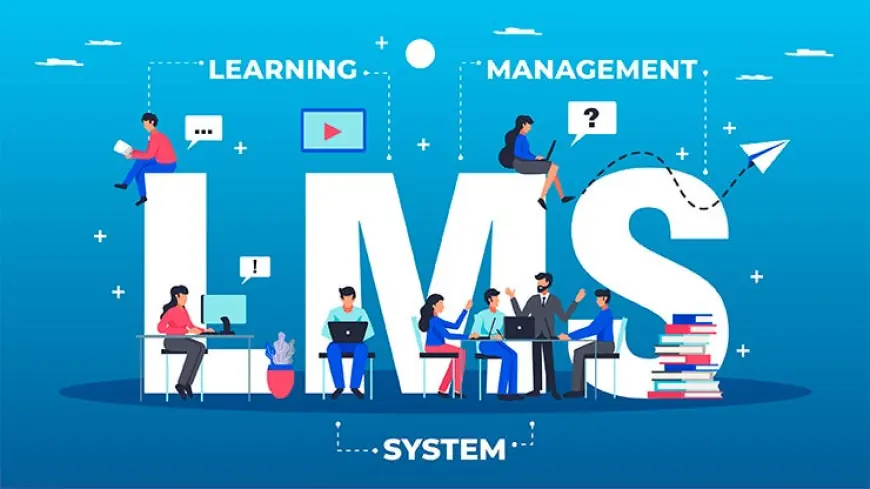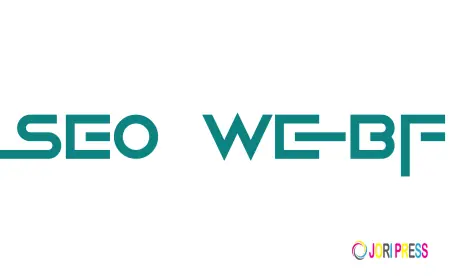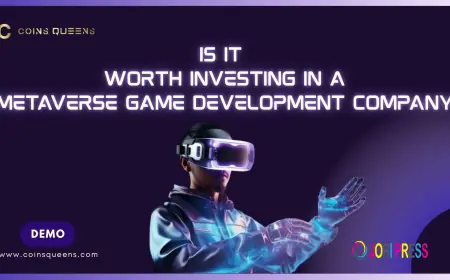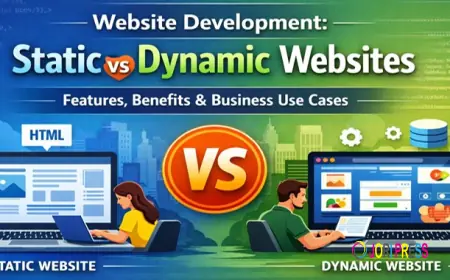Learning Management System (LMS) Market Trends, Growth Opportunities and Forecast 2025-2033
The global learning management system (LMS) market size was valued at USD 22.97 Billion in 2024. Looking forward, IMARC Group estimates the market to reach USD 98.40 Billion by 2033, exhibiting a CAGR of 16.67% during 2025-2033.

IMARC Group’s latest report, titled “Learning Management System (LMS) Market: Global Industry Trends, Share, Size, Growth, Opportunity and Forecast 2025-2033”, offers a comprehensive analysis of the industry, which comprises insights on the learning management system (LMS) market trends. The report also includes competitor and regional analysis, and contemporary advancements in the market. the global learning management system (LMS) market size was valued at USD 22.97 Billion in 2024. Looking forward, IMARC Group estimates the market to reach USD 98.40 Billion by 2033, exhibiting a CAGR of 16.67% during 2025-2033. North America currently dominates the market, holding a significant market share of over 43.2% in 2024. The market is expanding due to increased demand for digital education and corporate training. The shift to e-learning, accelerated by the pandemic remains a key driver. Government support for online education and the need for personalized learning experiences are further augmenting the learning management system (LMS) market share, ensuring sustained adoption across industries.
Request Free Sample Report (Exclusive Offer on this report): https://www.imarcgroup.com/learning-management-system-market/requestsample
Technology-Driven Personalization and Intelligent Learning Experiences:
The Learning Management System (LMS) market is fundamentally reshaping the global education and training landscape by leveraging advanced technologies to deliver personalized and intelligent learning experiences. The dynamic integration of artificial intelligence (AI), machine learning (ML), and data analytics within LMS platforms has established new standards for adaptive learning paths, enabling real-time assessment and individualized content delivery. AI-powered systems can now analyze user engagement, performance metrics, and learning styles to curate unique academic journeys for each learner, thus optimizing both knowledge retention and outcomes.
Additionally, predictive analytics assist educators and corporate trainers in proactively identifying learners’ strengths and knowledge gaps, promoting timely interventions and customized resource allocation. The proliferation of mobile learning and Bring Your Own Device (BYOD) environments underscores a shift toward learner-centric flexibility, empowering users to access courses and materials anytime, anywhere, and from any device. Mobile-optimized LMS solutions also seamlessly integrate with gamified elements—such as badges, points, and leaderboards—further enhancing user motivation and aligning with the digital-native expectations of modern learners. The convergence of technology and pedagogy has made LMS adoption universal across educational institutions, enterprises, and government agencies, as organizations pursue more effective, engaging, and measurable upskilling and reskilling initiatives. As regulatory compliance and data privacy become increasingly pivotal, top LMS providers are embedding robust security features and scalable integration capabilities into their solutions, ensuring organizations can meet evolving standards while driving innovative educational experiences.
Expanding Adoption Across Diverse Sectors and Geographies:
The global LMS market is experiencing sustained and rapid expansion, fueled by widespread adoption across academia, corporate, government, and healthcare sectors. Educational institutions, from K-12 schools to universities, have adopted LMS platforms to facilitate blended and remote learning, standardize curriculum delivery, and provide students with flexible, interactive, and self-paced course modules. In the corporate context, organizations are investing in LMS to ensure ongoing employee training, compliance certification, and to address the demands of hybrid and remote workforces. The spike in workforce development needs—especially for upskilling, compliance, and performance management—has positioned LMS as an essential infrastructure for modern businesses. GovTech initiatives and government mandates, particularly in Europe, North America, and Asia Pacific, have accelerated digital skill-building and technology adoption throughout public sector education and vocational programs.
Geographically, North America remains a dominant force in terms of market share, but the Asia Pacific region—driven by rising internet penetration, government investments in digital literacy, and exponentially increasing mobile device usage—shows the fastest CAGR as both education and corporate ecosystems embrace digital transformation. Global events such as the COVID-19 pandemic have further cemented the strategic importance of flexible, resilient, and scalable LMS infrastructure, prompting even traditionally resistance-prone regions to fast-track digital education and training investments. This diverse sectoral and regional uptake continues to foster innovation, competition, and customization, further propelling global market momentum.
Cloud Migration, Content Diversification, and Microlearning:
Cloud technology has emerged as a critical enabler of growth and innovation in the LMS market, supporting cost-effective deployment, high scalability, streamlined maintenance, and seamless updates. Cloud-based LMS platforms provide organizations and academic institutions with the agility to scale users and courses in real time, without heavy investment in physical infrastructure. This has democratized access to advanced learning systems, particularly benefiting small to midsize enterprises and schools with limited IT capabilities. Another defining dynamic is the diversification of content formats within LMS platforms—ranging from video lectures, simulations, and e-books, to interactive quizzes and AR/VR activities—accommodating various learning preferences and improving engagement rates. The rise of microlearning is especially significant: users increasingly demand concise, targeted modules that can be consumed on the go, resulting in superior knowledge retention and aligning well with busy professional schedules.
Gamification elements, embedded assessments, and social learning functionalities enrich the user experience and foster collaboration, driving sustained learner participation. As market competition intensifies, vendors are differentiating through enhanced analytics dashboards, advanced integration capabilities, multilingual and accessibility support, and vertical-specific features. Regulatory requirements for tracking learning hours, competencies, and certifications are driving the development of robust compliance and reporting functionality. The intersection of cloud adoption, content innovation, and microlearning strategies positions the LMS sector for long-term growth, market differentiation, and recurring revenue streams.
Leading Key Players Operating in the Learning Management System Industry:
- Absorb LMS Software Inc
- Adobe Inc
- Blackboard Inc
- Cornerstone OnDemand Inc
- D2L Corporation
- Docebo
- Epignosis LLC
- International Business Machines Corporation
- McGraw Hill
- Oracle Corporation
- Paradiso Solutions
- Pearson
- SAP SE
- Sumtotal Systems LLC (Skillsoft)
- Xerox Corporation
Learning Management System (LMS) Market Trends: A Look Ahead
The Learning Management System market is evolving at a remarkable pace, shaped by transformative trends that are redefining how organizations and individuals approach education and professional development. Intelligent automation—powered by AI and data-driven analytics—is empowering personalized, adaptive learning journeys that improve both learner engagement and learning outcomes. Cloud-based platforms facilitate cost-efficient, scalable solutions accessible to any institution or business, supporting real-time updates and integrations that keep pace with technological advancements. Simultaneously, the proliferation of mobile learning ensures that content is available on-demand, catering to the needs of an increasingly remote and flexible workforce and student body. Content diversification, notably through microlearning, video, gamified modules, and immersive AR/VR experiences, is making the educational process more interactive and dynamic.
User engagement is further amplified by gamification and collaborative features, driving higher completion rates and learner satisfaction. The market’s expansion across new sectors and geographies is strengthened by supportive government initiatives, rising digital literacy, and the universal prioritization of continuous learning and reskilling. Regulatory compliance and robust security are also fundamental, as institutions seek trustworthy solutions that protect user data and ensure audit-ready reporting. These converging trends highlight the LMS market’s vital role in future-proofing education and corporate learning in the digital era, fostering agile, data-driven, and personalized development experiences for diverse global audiences.
Ask Analyst for Instant Discount and Download Full Report with TOC & List of Figure: https://www.imarcgroup.com/learning-management-system-market
Key Market Segmentation:
Breakup by Component:
- Solution
- Services
Breakup by User Type:
- Academic
- Corporate
Breakup by Delivery Mode:
- Distance Learning
- Instructor-Led Training
- Blended Learning
Breakup by Application:
- Administration
- Content Management
- Performance Management
- Others
Breakup by End User:
- Government and Education
- Healthcare
- IT and Telecom
- Hospitality
- Retail
- Manufacturing
- Others
Breakup by Region:
- North America (United States, Canada)
- Asia Pacific (China, Japan, India, Australia, Indonesia, Korea, Others)
- Europe (Germany, France, United Kingdom, Italy, Spain, Others)
- Latin America (Brazil, Mexico, Others)
- Middle East and Africa (United Arab Emirates, Saudi Arabia, Qatar, Iraq, Other)
Key Highlights of the Report:
- Market Performance (2019-2024)
- Market Outlook (2025-2033)
- Porter’s Five Forces Analysis
- Market Drivers and Success Factors
- SWOT Analysis
- Value ChainComprehensive Mapping of the Competitive Landscape
About Us:
IMARC Group is a global management consulting firm that helps the world’s most ambitious changemakers to create a lasting impact. The company provide a comprehensive suite of market entry and expansion services.
IMARC offerings include thorough market assessment, feasibility studies, company incorporation assistance, factory setup support, regulatory approvals and licensing navigation, branding, marketing and sales strategies, competitive landscape and benchmarking analyses, pricing and cost research, and procurement research.
Contact Us:
IMARC Group
134 N 4th St. Brooklyn, NY 11249, USA
Email: [email protected]
Tel No:(D) +91 120 433 0800
Americas:- +1 631 791 1145
What's Your Reaction?
 Like
0
Like
0
 Dislike
0
Dislike
0
 Love
0
Love
0
 Funny
0
Funny
0
 Angry
0
Angry
0
 Sad
0
Sad
0
 Wow
0
Wow
0

















































